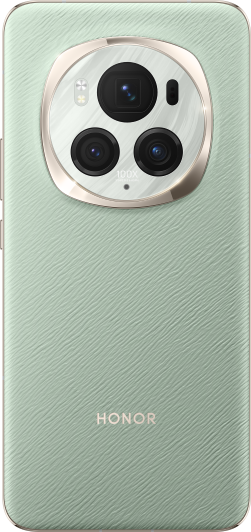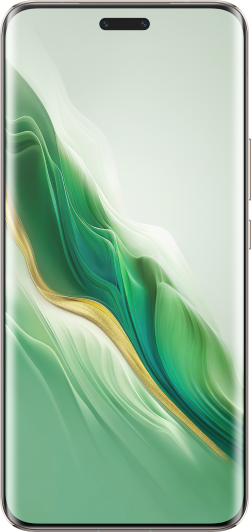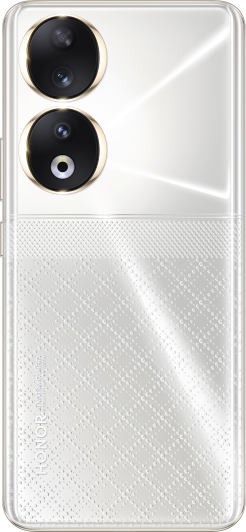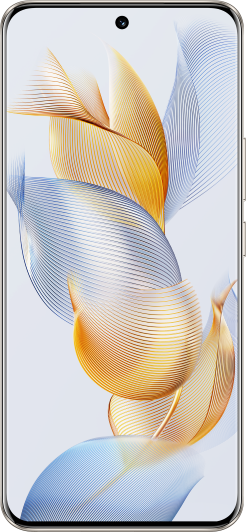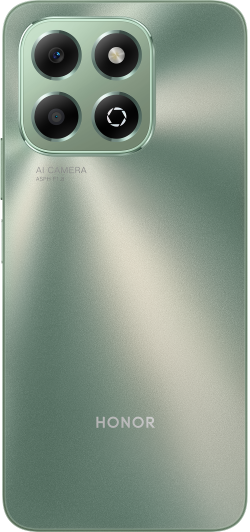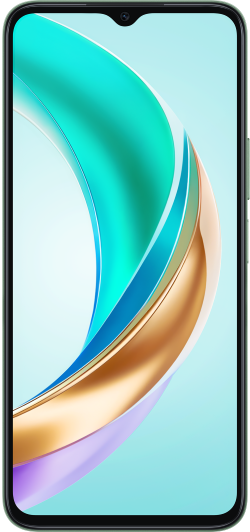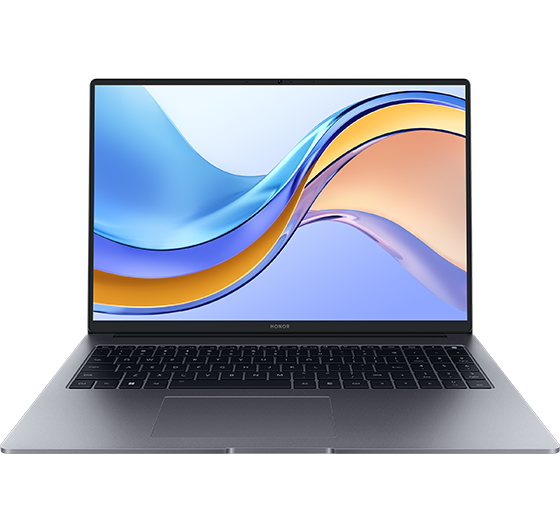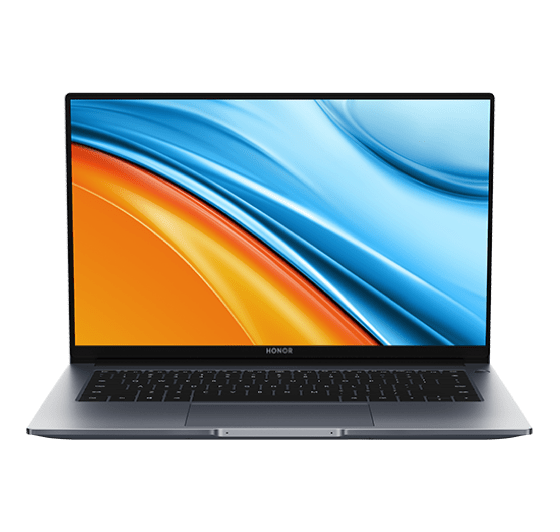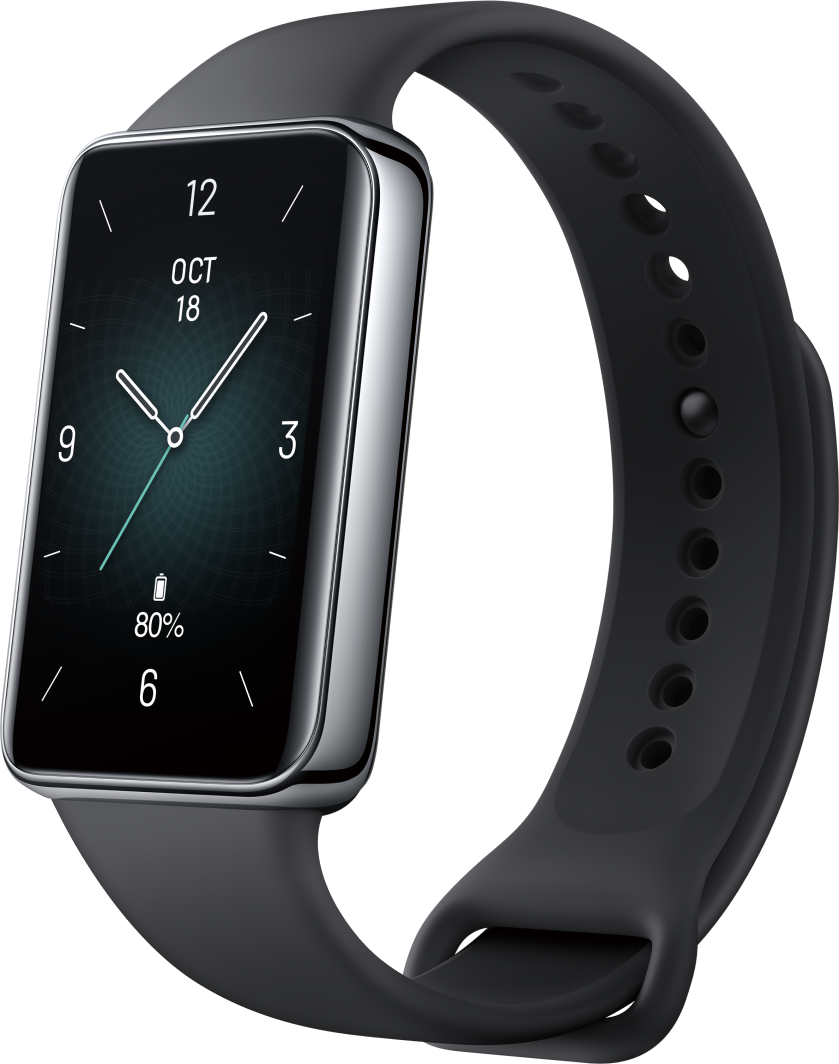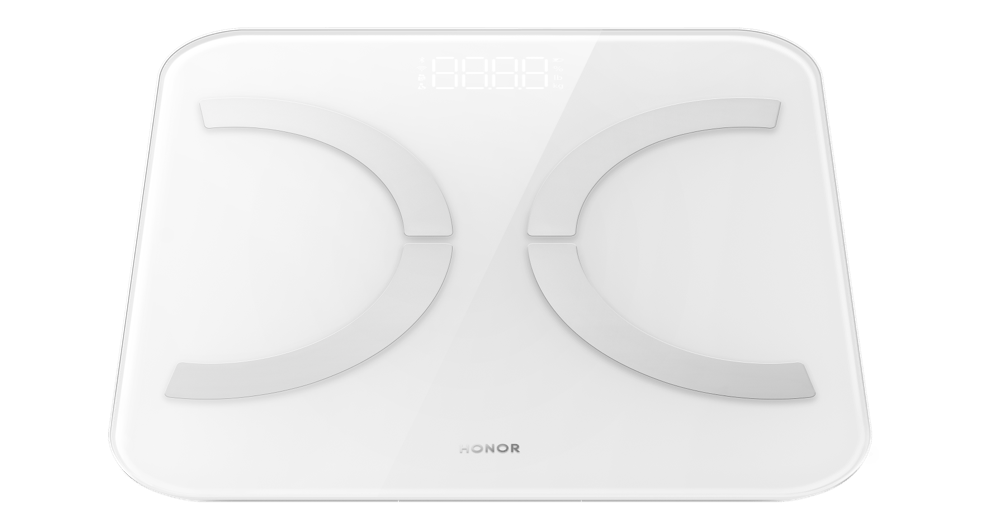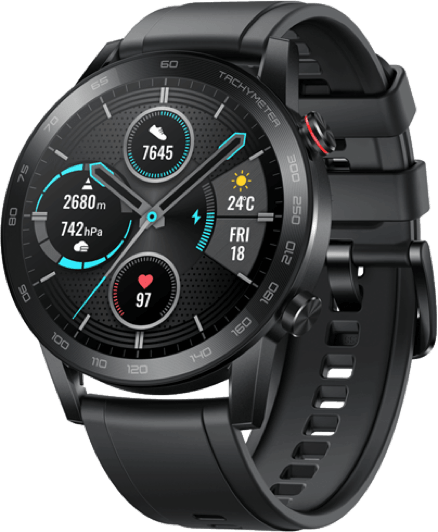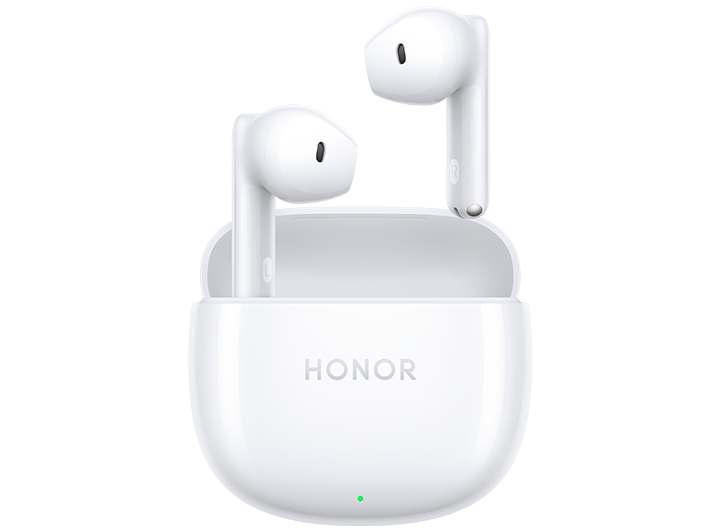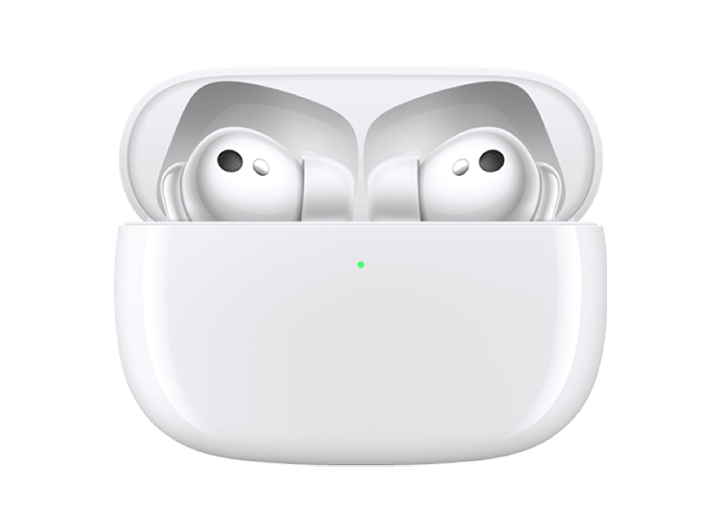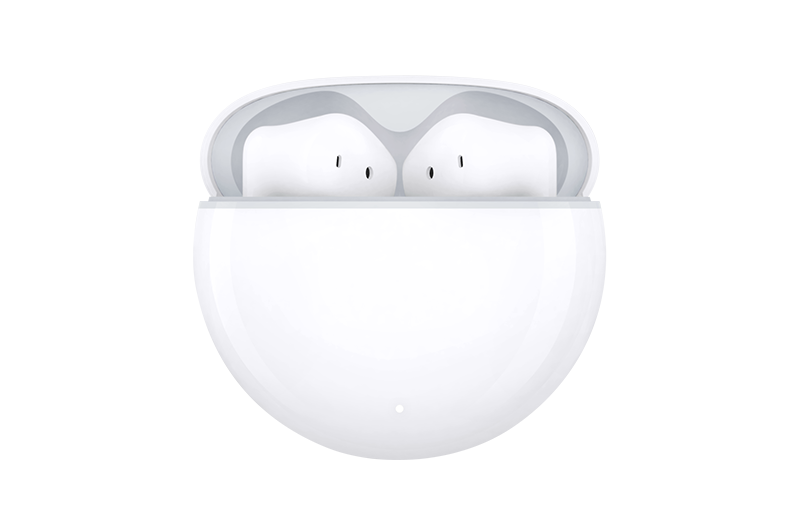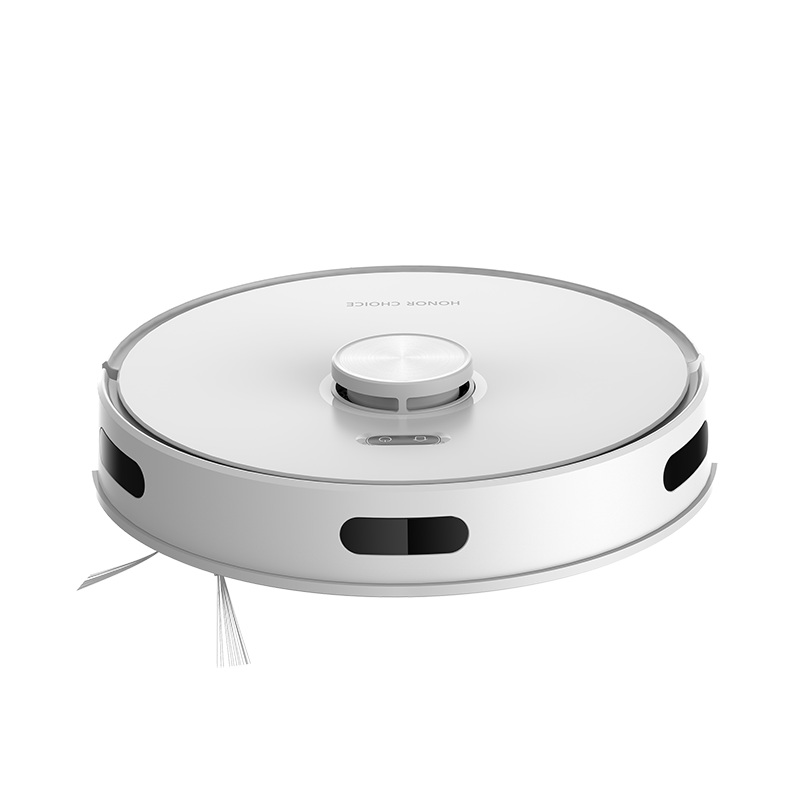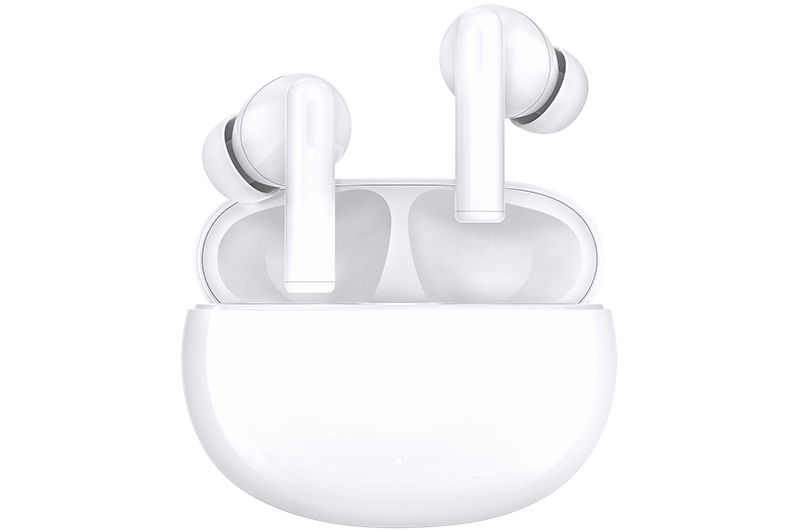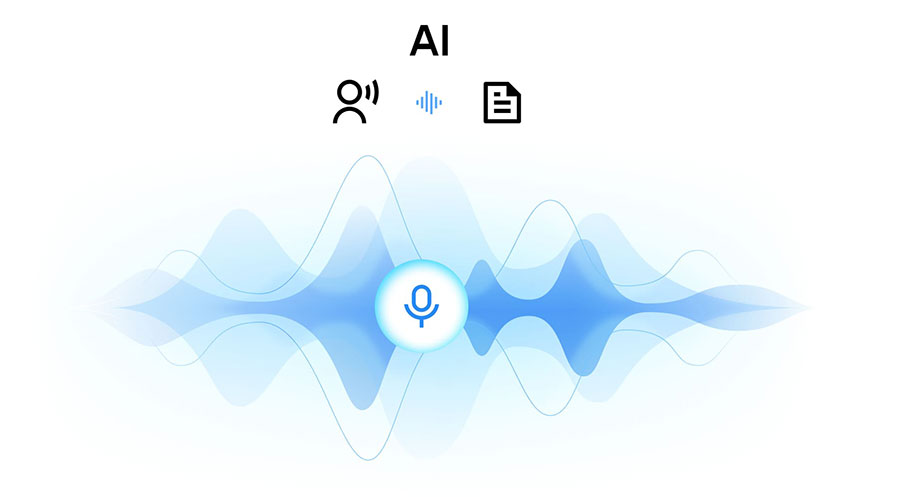TOP

我的荣耀 开启荣耀之旅
To log in to your account, you must first agree to the HONOR PLATFORM TERMS OF USE and HONOR Platform Privacy Statement. If you do not agree, you may only browse the site as a guest.
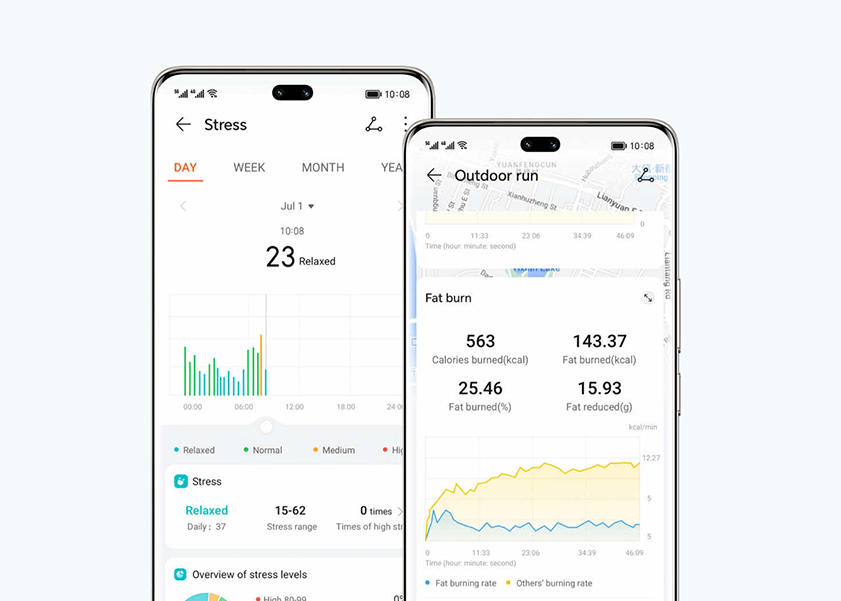
Use of Smartphones in Healthcare: What are the Benefits and Limitations?
As mobile phone technology continues to improve, healthcare providers are leveraging smartphones for a wide range of functions such as giving patients access to their medical records, providing better health tracking solutions, helping detect various diseases earlier, and even allowing doctors to diagnose and treat certain illnesses remotely thanks to apps like FaceTime! In this blog post, we will explore the use of smartphones in healthcare and what future potentials might be in store for using this type of technology in healthcare services.
What Can a Smartphone Do in the Healthcare Area?
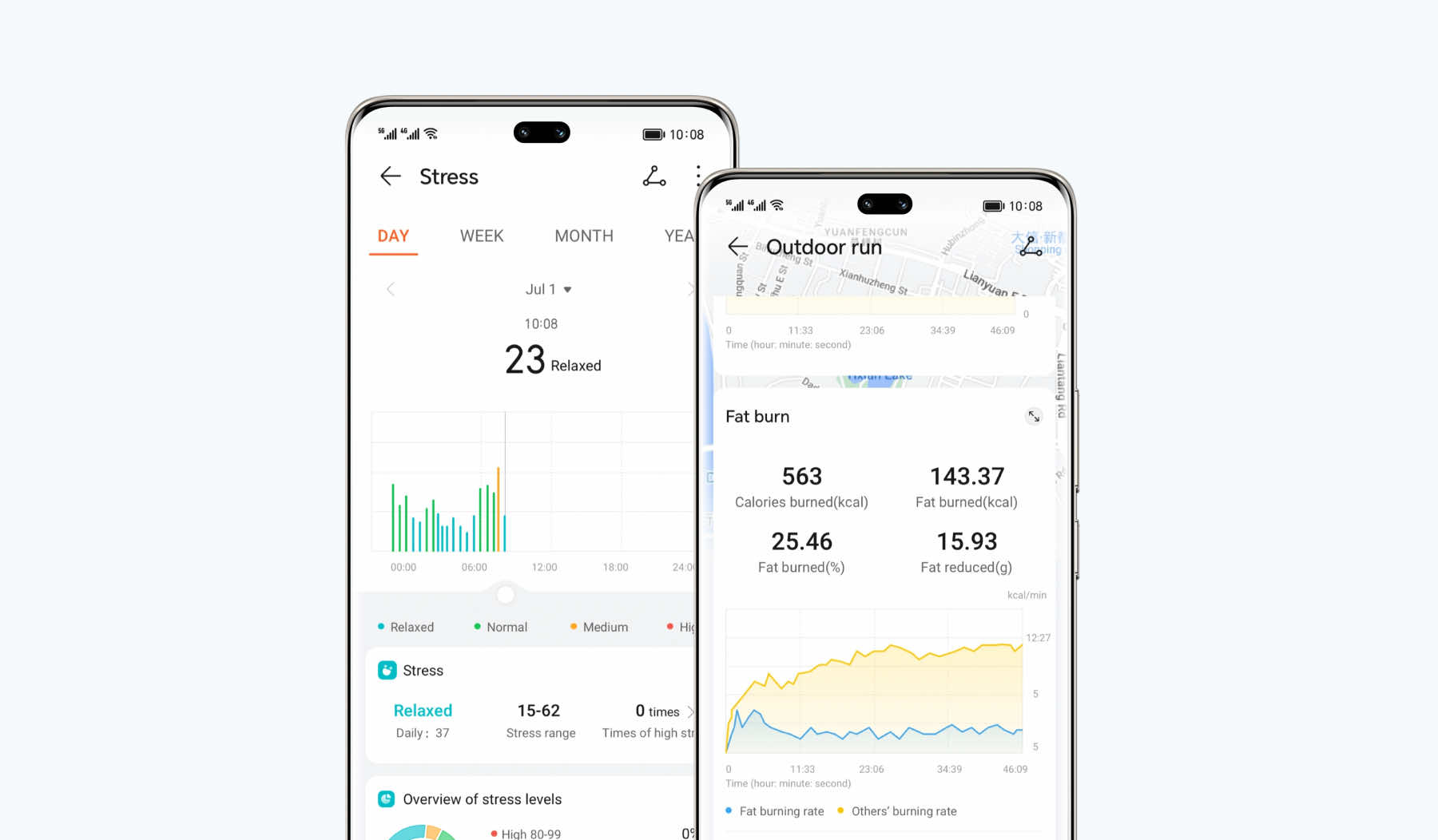
Smartphones play a significant role in the healthcare sector, leveraging technology to improve patient care, streamline processes, and enhance overall health outcomes. Here are several ways in which smartphones are utilized in the healthcare field:
1. Health Monitoring Apps
Smartphones serve as personal health assistants, with fitness-tracking apps measuring physical activity, steps, and various health metrics, while sleep-tracking apps provide valuable insights into sleep patterns and quality, helping users improve their overall well-being.
2. Telehealth and Telemedicine
Smartphones revolutionize healthcare access through video consultations, enabling remote diagnosis and treatment, and remote monitoring features, allowing healthcare professionals to keep track of patients with chronic conditions from afar.
3. Medication Management
Medication management is streamlined via smartphones; reminder apps nudge patients to take medicines timely, enhancing adherence, and tracking apps help maintain a detailed medication history, facilitating better communication with healthcare providers.
4. Health Information Access
Smartphones provide immediate access to personal health information through Electronic Health Records (EHRs) and diverse health information apps, offering insights on medications, medical conditions, and health advice, empowering patients with knowledge.
5. Health and Wellness Education
Through health apps, users gain valuable information on nutrition, mental health, and wellness, while the vast array of online resources accessible via smartphones offers a wealth of health-related educational materials.
6. Emergency Services
Smartphones are crucial in emergencies, capable of receiving urgent public health alerts and storing vital information like emergency contacts and medical allergies for quick access in critical situations.
7. Wearable Devices Integration
Smartphones enhance health monitoring by connecting with wearable devices for real-time data collection, providing continuous health tracking that is vital for preventive care and lifestyle management.
8. Medical Imaging and Diagnostics
The integration of medical imaging apps and diagnostic tools in smartphones facilitates the storage and sharing of diagnostic images and transforms phones into practical tools for medical analysis, like skin condition assessments.
9. Mental Health Support
Smartphones offer extensive support for mental health through apps focused on meditation, stress reduction, and mood tracking, and enable teletherapy sessions with mental health professionals via video calls.
10. Research and Data Collection
In the realm of medical research, smartphones allow users to participate in studies and contribute data through health research apps, playing a pivotal role in advancing medical knowledge and discoveries.
The integration of smartphones into healthcare is continually evolving, with ongoing advancements in technology providing new opportunities to improve patient care, increase accessibility, and enhance overall healthcare outcomes. As technology continues to progress, smartphone innovations like the HONOR 90 are contributing to the landscape.
The HONOR 90, paired with the HONOR Health app, becomes a powerful tool in healthcare by offering features like health and sports activity recording, sleep quality monitoring, heart rate and stress detection, and oxygen saturation information. This makes it ideal for those looking to closely monitor and manage their personal health and fitness.
Note that a smartphone cannot replace professional medical devices or the expert advice of healthcare professionals. It serves as a supplementary tool for personal health management and should be used alongside regular medical consultations and proper healthcare practices.
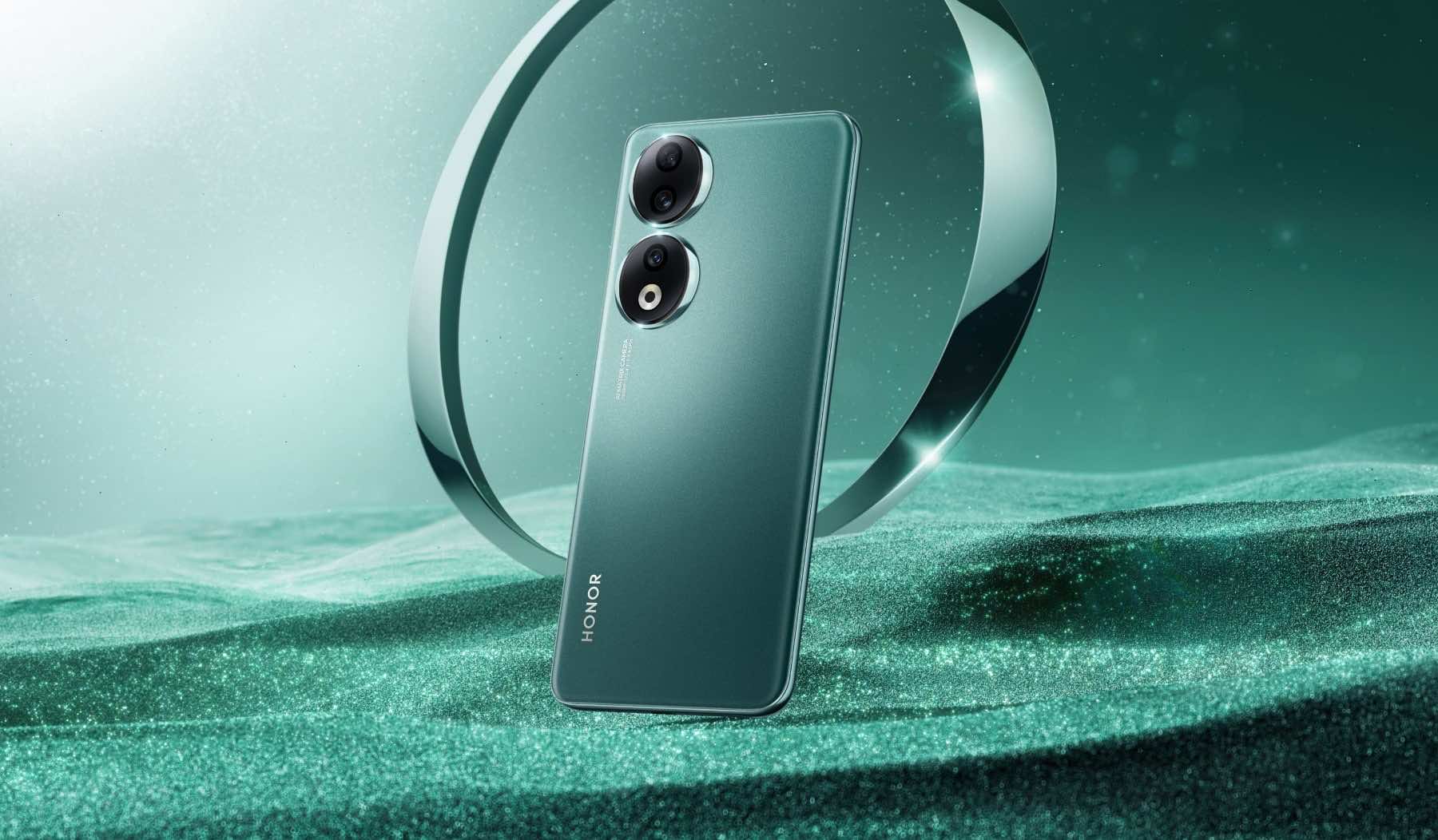
Limitations of Smartphones in Healthcare
While there are numerous benefits of smartphones in healthcare, their use in this domain also presents various limitations and challenges:
• Security and Privacy Concerns: Smartphones are susceptible to security breaches, posing risks to sensitive health data, and there are significant privacy issues regarding patient data storage and transmission.
• Limited Regulation and Standardization: The absence of universal standards for healthcare apps leads to variable quality and reliability, and many apps struggle with regulatory compliance.
• Reliability and Accuracy: Not all smartphone health apps and sensors are clinically validated, causing discrepancies in the accuracy of health data. Moreover, differences in smartphone models affect data consistency.
• Limited Accessibility and Equity: The digital divide and technological literacy gaps, especially in older populations, create disparities in healthcare access.
• Dependency and User Engagement: Overreliance on smartphones for healthcare can sideline traditional practices and maintaining user engagement with health apps over time is challenging.
• Interoperability Challenges: Limited integration with existing electronic health record systems and data exchange issues between different healthcare providers and systems can lead to fragmented healthcare data.
• Battery Life and Technical Issues: Extensive use of health apps and features can quickly deplete battery life, and technical glitches can impact app functionality.
• Ethical and Legal Concerns: Ensuring informed consent for using healthcare apps and determining legal liability in case of adverse outcomes related to smartphone-based interventions are complex issues.
Recognizing and addressing these limitations is crucial to harnessing the full potential of smartphones in healthcare while prioritizing patient safety, data security, and equitable access to healthcare services
How Would the Future of Healthcare Be with Smartphones Involved?
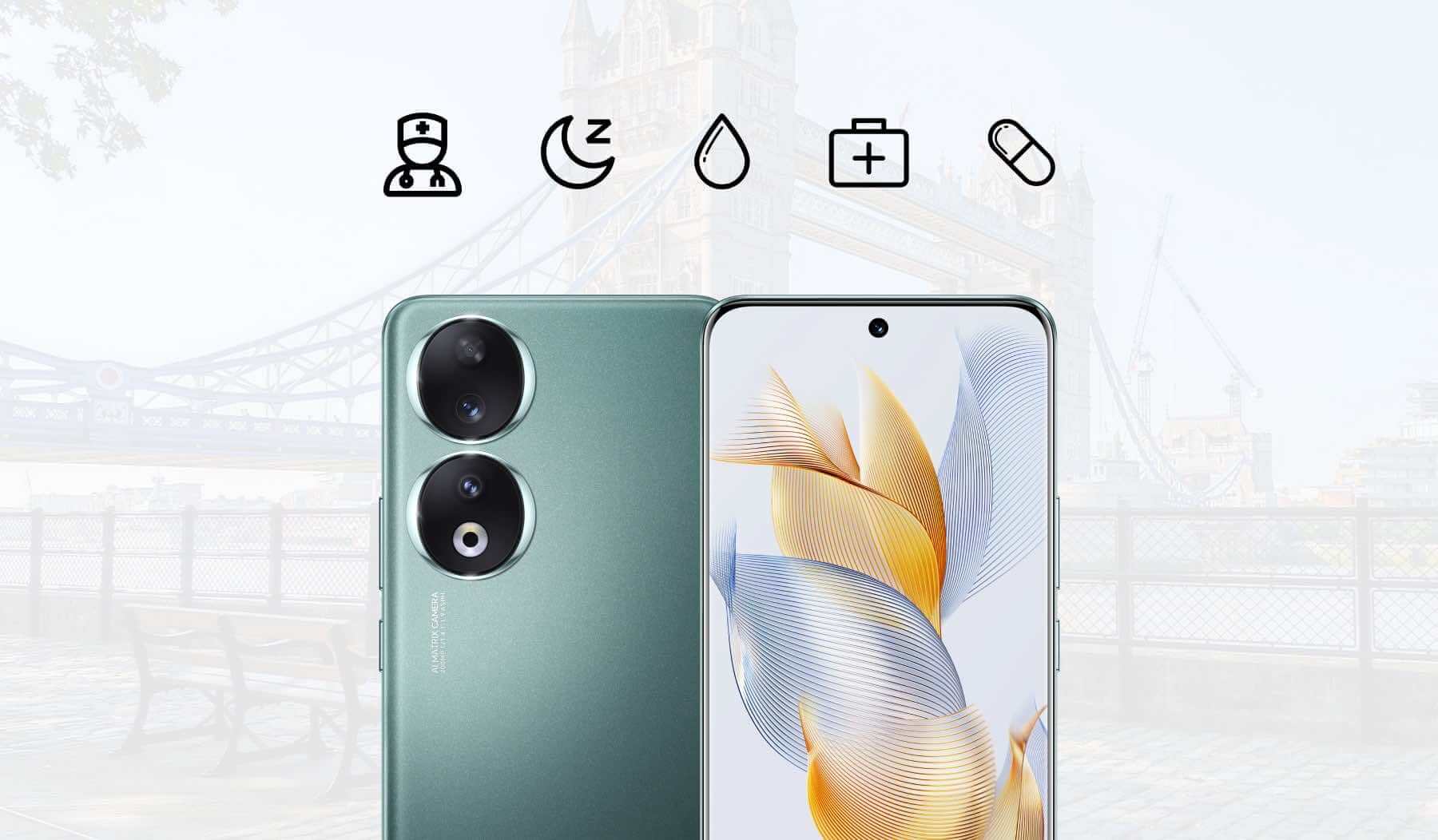
The future of healthcare with smartphones involved holds tremendous promise, ushering in a new era of accessibility, efficiency, and personalized care. Several key trends and advancements can be anticipated:
➢ Telehealth Dominance: Telehealth services will see widespread adoption, with smartphones facilitating remote access to healthcare and seamless virtual consultations, reducing the need for physical visits.
➢ Remote Monitoring and Wearable Integration: Advanced wearables integrated with smartphones will enable continuous health monitoring and early detection of issues, allowing timely interventions.
➢ AI-driven Personalized Healthcare: Smartphones will host AI applications providing personalized health insights and predictive analytics for proactive health management.
➢ Enhanced Data Interoperability: Improved interoperability will ensure seamless data exchange between smartphones, healthcare providers, and EHR systems, leading to unified health records.
➢ Digital Therapeutics and Medication Management: Advanced medication management and digital therapeutics apps on smartphones will become more prevalent, especially for chronic condition management.
➢ Enhanced Patient Engagement and Education: Interactive health apps and virtual health communities on smartphones will encourage patient education and proactive health management.
➢ Blockchain for Security and Data Integrity: Blockchain technology in smartphones will bolster the security and integrity of health data, ensuring privacy and streamlining healthcare transactions.
➢ Global Health Surveillance: Smartphones will play a critical role in global health surveillance, aiding in early disease detection and rapid response to health emergencies.
As smartphones continue to evolve and integrate with healthcare, the future holds the promise of a more interconnected, data-driven, and patient-centric healthcare ecosystem.
Conclusion
To conclude, it is evident that smartphones are already leaving a significant impact on the healthcare landscape. While there are still limitations on the extent to which a smartphone can contribute to diagnosing and treating conditions, the ongoing advancement of technology holds the promise of fostering new medical innovations and advancements in the use of smartphones in healthcare.
FAQ
How Are Smartphones Used in Nursing?
Smartphones play a pivotal role in nursing, facilitating swift communication, efficient clinical documentation, medication management, patient education, and utilization of point-of-care tools.
What Are the Pros and Cons of Mobile Health Apps?
Mobile health apps offer accessibility, convenience, and personalization but also pose challenges related to security, accuracy, and sustaining user engagement.
Why Are Smart Devices Important in Healthcare?
Smart devices, including smartphones, contribute to remote patient monitoring, telehealth services, data-driven decision-making, improved patient engagement, and efficient communication among healthcare teams.
Source: HONOR Club
SUBSCRIPTION
I agree to receive the latest offers and information on HONOR products through email or IM (e.g. WhatsApp) provided below and advertisement on third-party platforms. I understand that I can unsubscribe anytime according to Chapter 5 of HONOR Platform Privacy Statement.
CONTACT
Honor Technology (Malaysia) Sdn Bhd
(Registration No.: 202101003804)
1800-88-5645
9:00 AM - 6:00 PM
Copyright © Honor Device Co., Ltd. 2020-2025. All rights reserved.
We use cookies and similar technologies to make our website work efficiently, as well as to analyze our website traffic and for advertising purposes.
By clicking on "Accept all cookies" you allow the storage of cookies on your device. For more information, take a look at our Cookie Policy.
Functional cookies are used to improve functionality and personalization, such as when playing videos or during live chats.
Analytical cookies provide information on how this site is used. This improves the user experience. The data collected is aggregated and made anonymous.
Advertising cookies provide information about user interactions with HONOR content. This helps us better understand the effectiveness of the content of our emails and our website.









